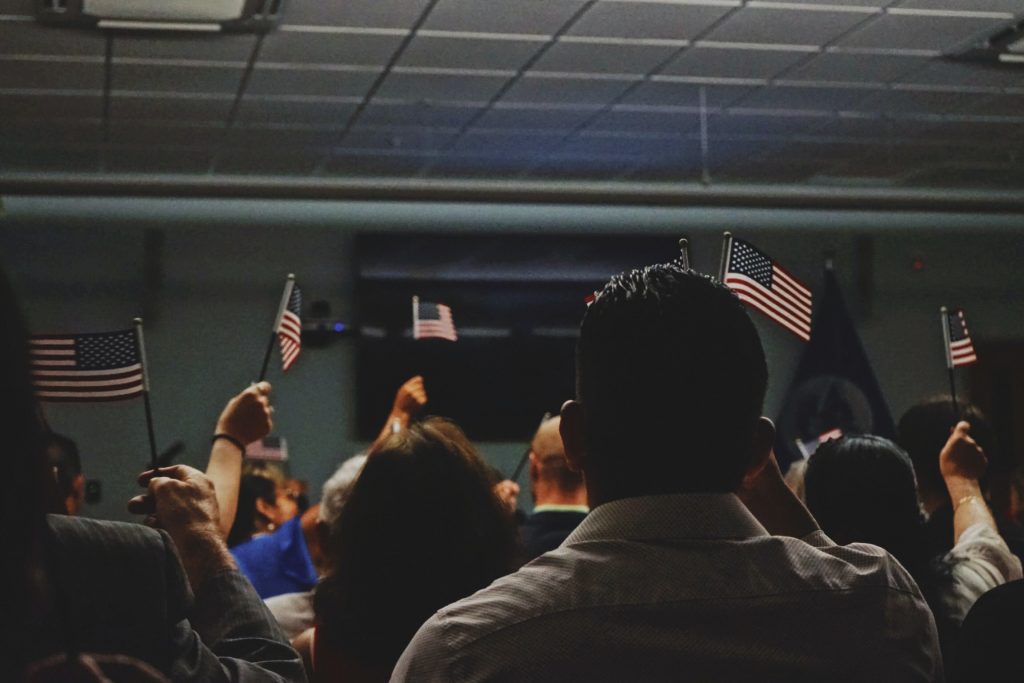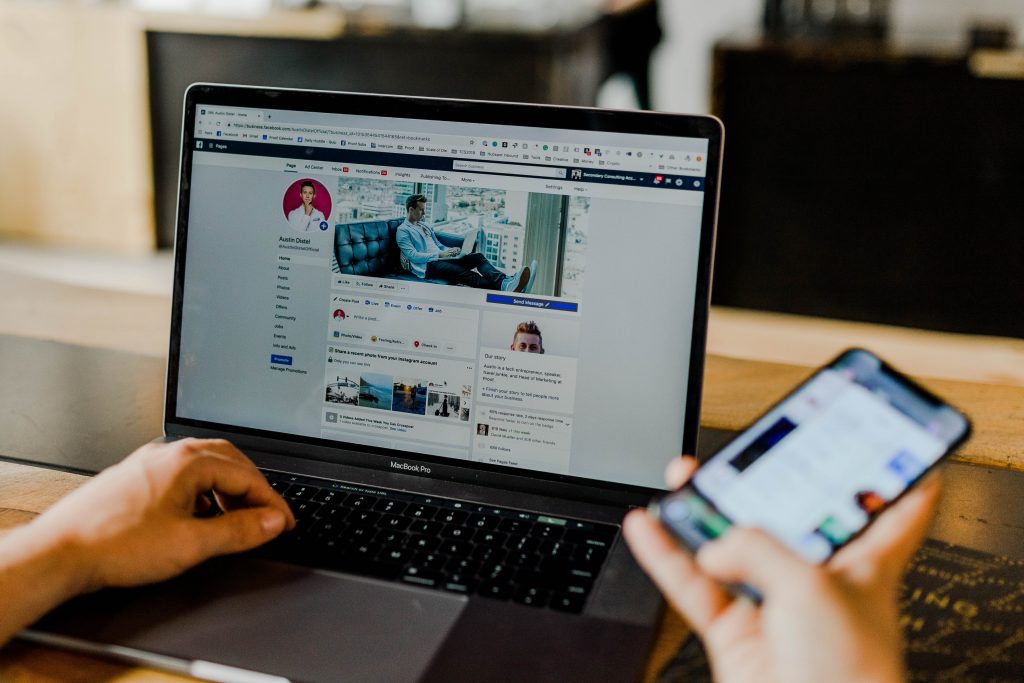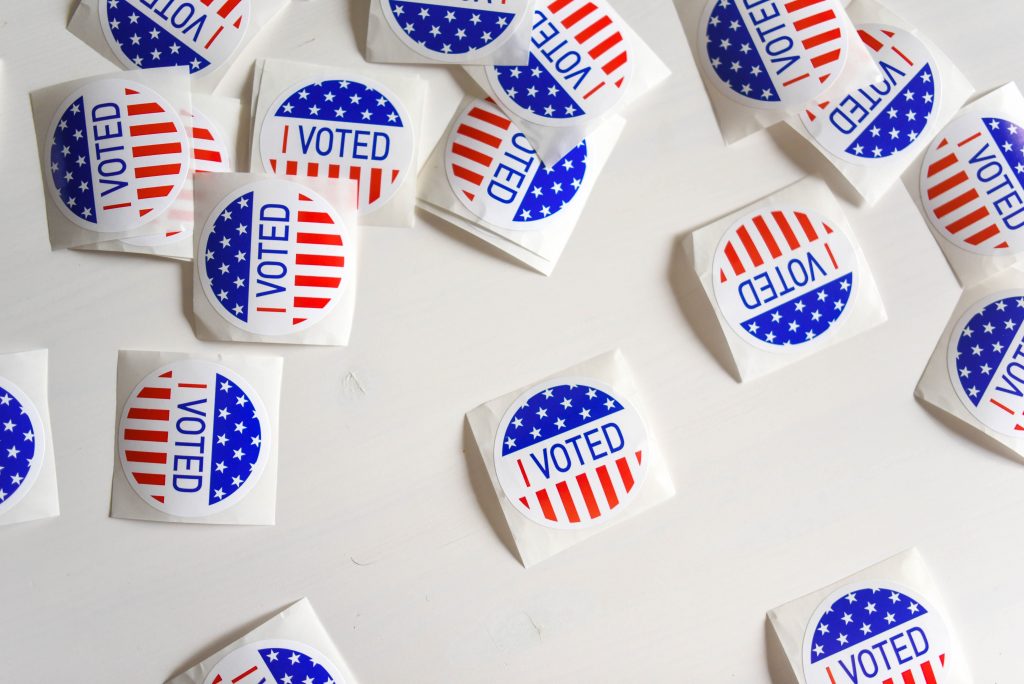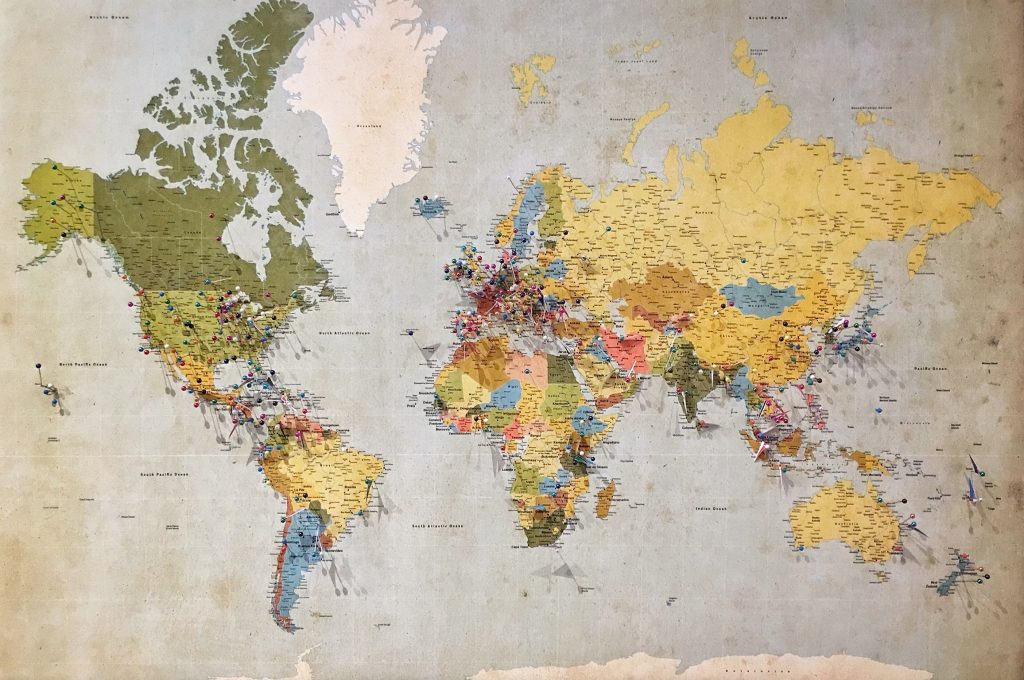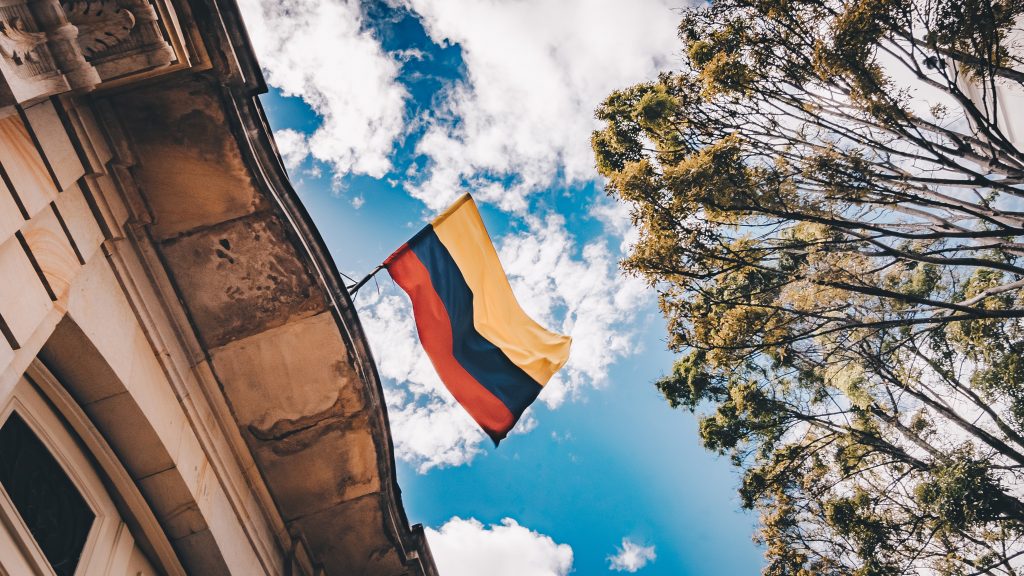 ICRG is a faculty/student collaborative research group that studies the relationships between communication and democracy in multiple contexts. With an initial focus on Latin America, this group has expanded its scope through a series of comparative collaborative research projects including the Comparative National Electoral Project (CNEP) and Comparative Political Culture Project. Faculty Leader: Hernando Rojas.
ICRG is a faculty/student collaborative research group that studies the relationships between communication and democracy in multiple contexts. With an initial focus on Latin America, this group has expanded its scope through a series of comparative collaborative research projects including the Comparative National Electoral Project (CNEP) and Comparative Political Culture Project. Faculty Leader: Hernando Rojas.
Recent News and Posts
ICRG publishes “Perceiving Immigrants as a Threat: A Motivational Approach to False Consensus”
In the new article “Perceiving Immigrants as a Threat: A Motivational Approach to False Consensus” in the journal Communication Research, the International Communication Research Group explores perceived threat of immigration as a motivational factor that …
New publication “Social Media, Messaging Apps, and Affective Polarization in the United States and Japan” from ICRG
In the new article “The Contexts of Political Participation: The Communication Mediation Model Under Varying Structural Conditions of the Public Sphere” in the International Journal of Press/Politics, the International Communication Research Group examines the communication …
New from ICRG “The Contexts of Political Participation: The Communication Mediation Model Under Varying Structural Conditions of the Public Sphere”
In the new article “The Contexts of Political Participation: The Communication Mediation Model Under Varying Structural Conditions of the Public Sphere” in the International Journal of Press/Politics, the International Communication Research Group examines the communication …
New from ICRG “What Motivates People to Correct Misinformation? Examining the Effects of Third-person Perceptions”
In the new article “What Motivates People to Correct Misinformation? Examining the Effects of Third-person Perceptions and Perceived Norms” in the Journal of Broadcasting & Electronic Media, the International Communication Research Group relates the third-person …
New ICRG article “Chatting in a mobile chamber: effects of instant messenger use on tolerance toward political misinformation among South Koreans”
In the new article “Chatting in a mobile chamber: effects of instant messenger use on tolerance toward political misinformation among South Koreans” in the Asian Journal of Communication, the International Communication Research Group explores the …
ICRG publishes “‘Fake News Is Anything They Say!’ — Conceptualization and Weaponization of Fake News among the American Public”
In the new article ““Fake News Is Anything They Say!” — Conceptualization and Weaponization of Fake News among the American Public” in the journal Mass Communication and Society, the International Communication Research Group examines the …
Rojas Publishes in Nature Human Behaviour on “Taming the Digital Information Tide”
Sebastián Valenzuela, Associate Professor in the School of Communications, Pontificia Universidad Católica de Chile, and Hernando Rojas, Helen Firstbrook Franklin Professor in the School of Journalism and Mass Communication at the University of Wisconsin-Madison published …
Rojas publishes “A Call to Contextualize Public Opinion-Based Research in Political Communication”
Faculty Leader of the International Communication Research Group (ICRG) Hernando Rojas is the co-author on a new article, “A Call to Contextualize Public Opinion-Based Research in Political Communication” in the journal Poltical Communication, published in October 2019.
New Publication: “Political tolerance of demobilizing armed actors: The case of FARC in Colombia”
Co-authored by International Communication Research Group (ICRG) Faculty Leader Hernando Rojas, the article “Political tolerance of demobilizing armed actors: The case of FARC in Colombia” was published in the journal Online First in September 2019.
New Research on News Exposure, Second Screening from ICRG
On perception of income inequality, shows a negative relationship with news exposure in Colombia, but also a positive link between entertainment content and citizens’ understanding of income gaps. Moreover, findings suggest that more realistic perceptions …
